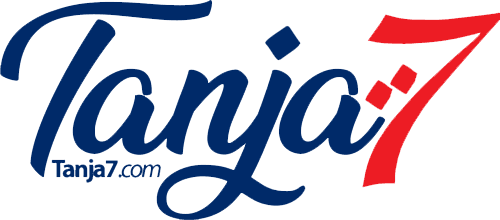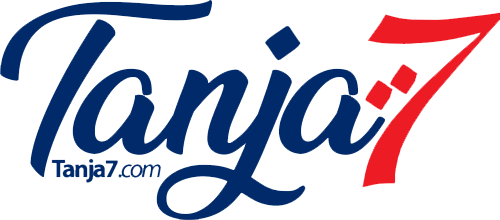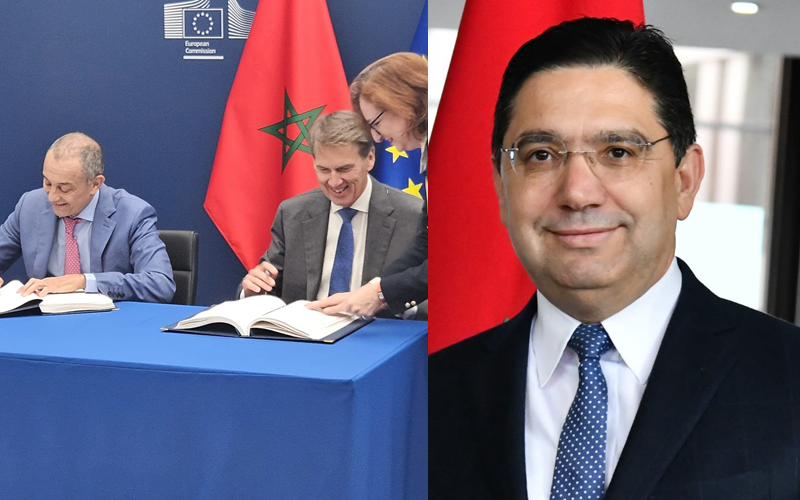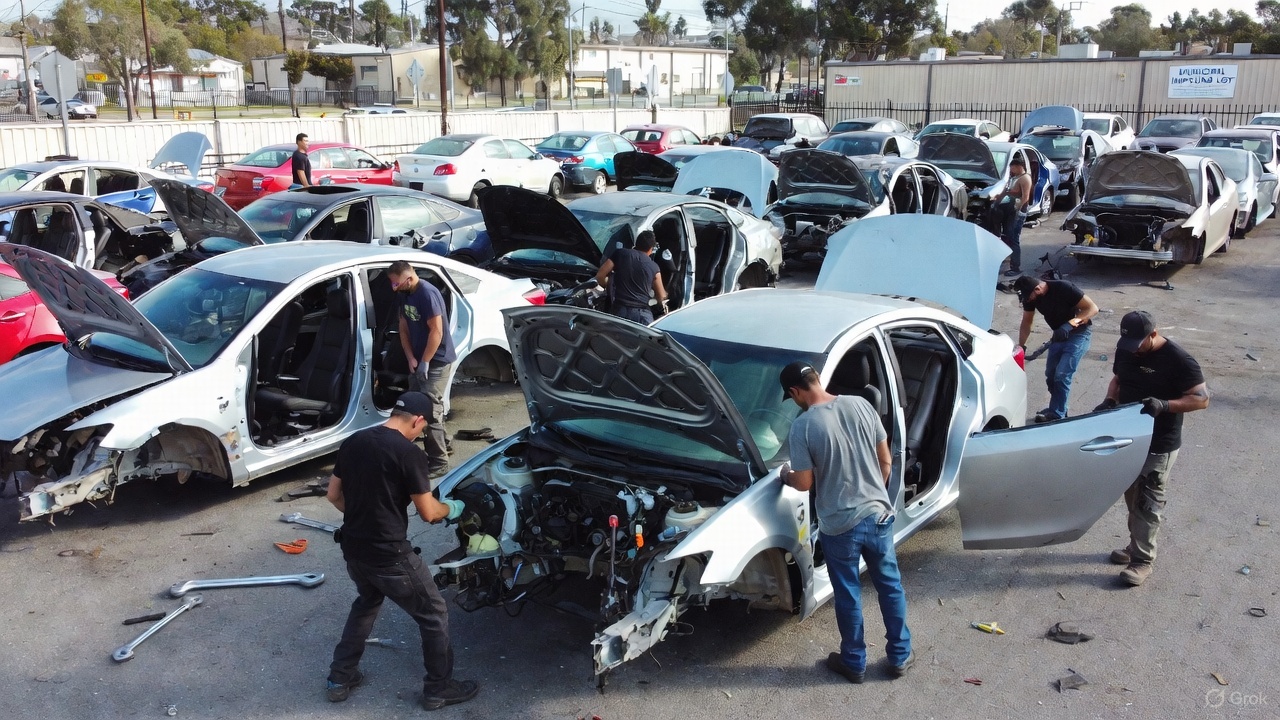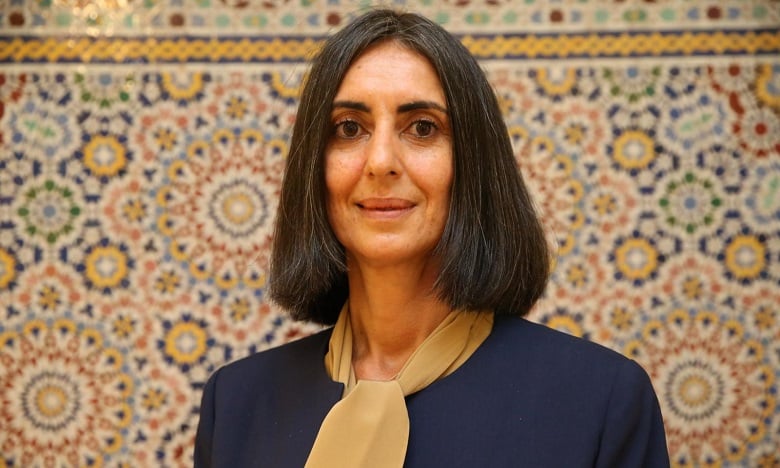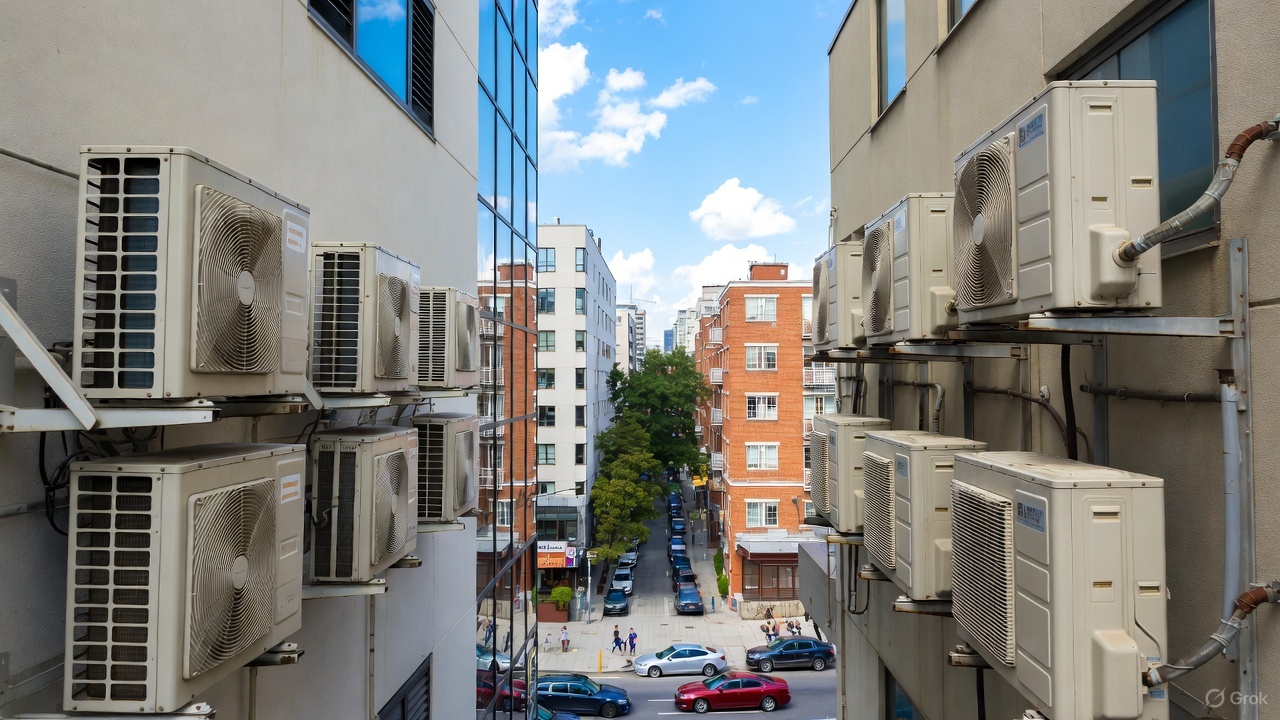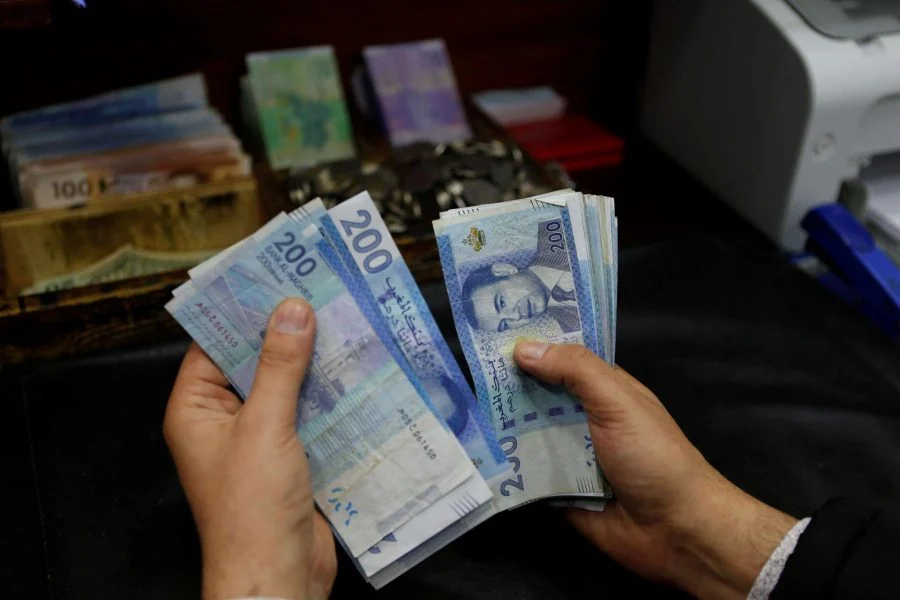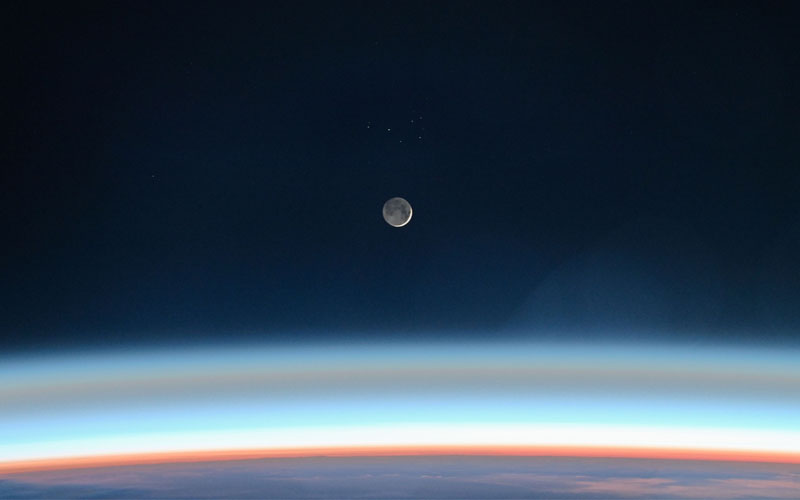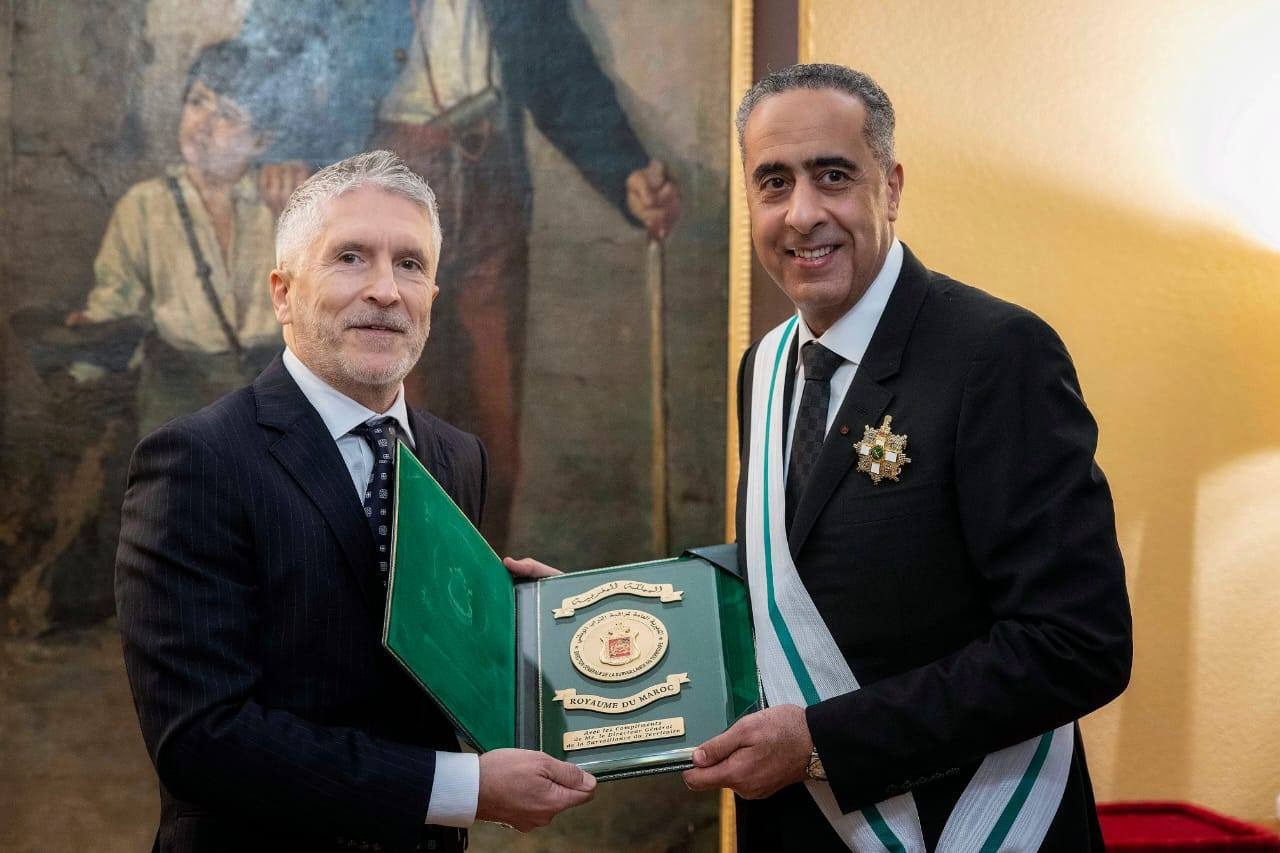On Friday, October 3, Morocco and the European Union exchanged messages to renew the agricultural agreement, acknowledging that Western Sahara is a separate territory. Products exported to Europe will be labeled as originating from “Western Sahara.”
Morocco’s ambassador to the EU, Ahmed Reda Chami, stated that the agreement was negotiated in a spirit of partnership and concession, ensuring that agricultural products from the southern regions have the same preferential access to the European market as other regions of the kingdom, in line with the Morocco-EU partnership agreement.
Foreign Minister Nasser Bourita, who first announced the agreement on Thursday, noted that the amended agreement “provides the necessary clarifications while respecting the national constants of the kingdom” and falls within the framework of the spirit and philosophy of the 2018 signed exchange of messages. It remains faithful to its overall essence.
Bourita confirmed that the text includes technical amendments related to consumer information regarding product origin. Labels will indicate production areas in the southern kingdom—“Laayoune-Secretive” and “Dakhla-Gold Valley”—on agricultural products.
The European Union revealed details of the agreement, which allows the continued export of fruits, vegetables, and fish to Europe under preferential treatment according to the applicable Morocco-EU agreement. However, there is a clear acknowledgment that Western Sahara is not part of the kingdom.
The agreement, which is temporarily in effect, states compliance with European court rulings that invalidated the previous 2019 agreement due to lack of “consent from the people of Western Sahara” and failure to ensure sustainable benefits from natural resource exploitation.
The core of the agreement lies in a joint declaration included after Protocol 4, outlining six key conditions for applying Protocols 1 (tariffs) and 4 (origin and administrative cooperation) to products from Western Sahara:
1. Equal tariff privileges: Products originating in Western Sahara, subjected to Moroccan customs control, will receive the same trade privileges as Moroccan products under the partnership agreement. This focuses on agricultural and fishing sectors, offering customs reductions amounting to €44.4 million annually based on 2022 data.
2. Origin definition with adjustments: Protocol 4 is applied “with minor modifications” to establish the origin status of these products, ensuring that they are considered “originating in Western Sahara” as a separate customs territory, in line with the court ruling in case C-399/22.
3. Customs responsibility: The customs authorities of EU member states and Morocco share the responsibility for implementing Protocol 4, ensuring joint oversight for compliance and fraud prevention.
4. Origin specification on certificates: Products may be labeled with their “area of origin” as indicated on the certificate, differentiating them from authentic Moroccan products and clearly informing European consumers.
5. Compliance certificates for marketing standards: The EU may grant Moroccan authorities licenses to issue compliance certificates verifying that products meet European marketing standards, particularly for fresh fruits and vegetables, in accordance with federal regulations.
6. Mandatory labeling: Products from the fruit and vegetable sector must carry a label indicating origin as stated on the certificates to ensure transparency and avoid consumer confusion.
The agreement also encompasses conditions to guarantee benefits for the people of Western Sahara, in response to court rulings in cases C-779/21 P and C-799/21 P:
– Commitment to rights and freedoms: Both parties commit to respecting fundamental freedoms and human rights, as outlined in the partnership agreement.
– Annual joint evaluation: The parties will exchange information annually through a partnership committee to assess the agreement’s impact, particularly on sustainable development and benefits from natural resource exploitation. Specific arrangements will be set within two months of implementation.
– Funding and aid: The EU commits to funding projects in Western Sahara focusing on water (including irrigation and desalination), energy, and desertification, along with increasing humanitarian aid to Tindouf camps through UN mechanisms. It will also support educational and cultural programs.
– Monitoring mechanism: A regular monitoring mechanism will be established, including a joint evaluation, to ensure that benefits are proportional to exploitation and accompanied by sustainability guarantees.
Source
